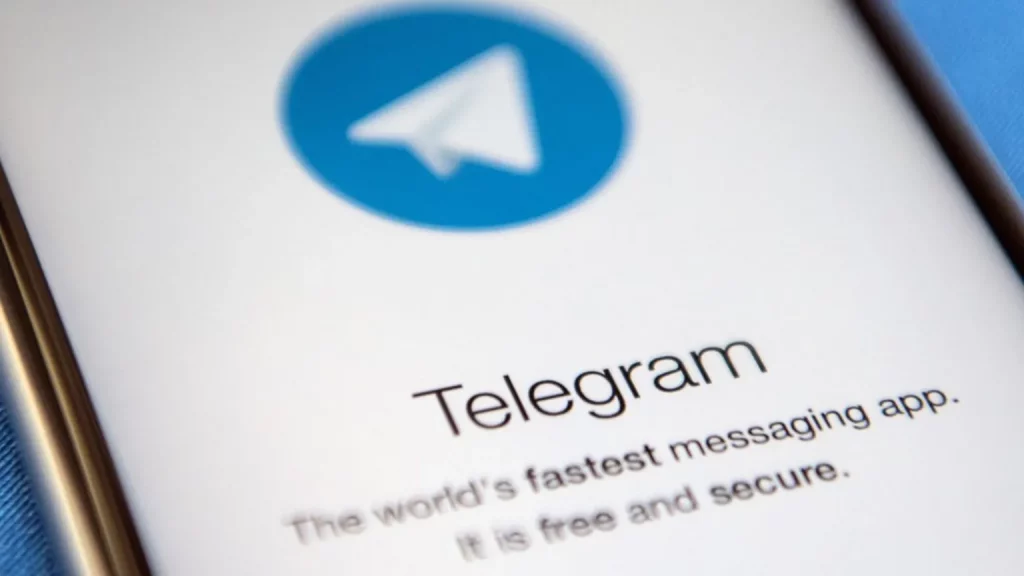Telegraphing Crime: A New Era of Social Media Liability
In an era where people are constantly tweeting or posting on Facebook, it is no wonder that social media has become a new medium for folks to express their views and opinions. From shopping recommendations to viral TikTok dances, social media has taken the world by storm and allowed people to communicate on a level that has never been seen before.
This technological revolution has started to change the way the court has viewed free speech as well. For example, there is a major debate today about whether social media owners, such as Elon Musk and Mark Zuckerburg, should be held accountable for the things posted on their sites by users. In pursuit of this question, the courts have given a variety of answers. However, laws governing liability for social media providers were codified under the Communications Decency Act (CDA). Under § 230 of the CDA, internet service publishers are immunized from liability for the speech of their users. The reasoning is that it would be nearly impossible for social media owners to constantly filter the millions of posts that are made every day.
However, the landscape may be shifting as social media providers become much more powerful and users become much bolder with what they post. This is evidenced in the recent allegations against Telegraph’s CEO, Pavel Durov. In August of this year, Durov was charged with being complicit in a myriad of crimes relating to his users including the distribution of child sexual abuse material, drug trafficking and fraud, and refusing to cooperate with law enforcement. Mr. Durov’s subsequent indictment was a rare move by legal authorities to hold a social media executive personally liable for the behavior of users on their messaging platform. However, there are some who argue that Telegraph as an app was an outlier. For example, unlike Google and Meta, Telegraph has very little filtering or oversight over its content, making the possibility of criminal activity occurring much higher. Many legal scholars argue that these social media owners must act as a model for users and be mindful to keep obscene speech from their sites.
However, acting as too strict of a safeguard can lead to some potential free speech issues. This was the issue raised by President-elect Donald Trump after he was banned from Twitter as a result of his speech being qualified as glorified violence after the January 6th attacks. Soon after, Tesla CEO Elon Musk swooped in, took over Twitter, and reinstated Trump’s account. Elon promised that, under his control, Twitter (now rebranded as X) would never face another blatant attack on free speech. Musk lambasted that social media is part of public discourse, and to censor someone’s social media account is the equivalent of refusing to let them speak, which is against the First Amendment. International company TikTok claimed a similar attack on free speech when Congress tried to codify a nationwide ban on the app. TikTok Inc. and its parent company, ByteDance Ltd. filed a brief in the U.S. Court of Appeals for the D.C. Circuit, calling the law an “unprecedented restriction on the constitutional right to free speech.” While Congress’s intention for the ban was fueled by national security concerns, it does beg the complicated question of whether a nationwide ban on a social media platform constitutes an infringement of First Amendment free speech.
Article Written by Anthony DeFazio
Sources:
Ambika Kumar and Tom Wyrwich, Section 230 of the Communications Decency Act Turns 20, Davis Wright Tremaine, LLP (Sept. 2016), available at https://www.dwt.com/blogs/media-law-monitor/2016/08/the-test-of-time-section-230-of-the-communications#:~:text=The%20statute%20made%20it%20illegal,attempts%20to%20eliminate%20objectionable%20content.
Aurelien Breeden and Adam Satariano, Telegram Founder Charged with Wide Range of Crimes in France, N.Y. Times (Aug. 28, 2024), available at https://www.nytimes.com/2024/08/28/business/telegram-ceo-pavel-durov-charged.html
Shannon Bond, Elon Musk allows Donald Trump back on Twitter, N.P.R. (Nov. 19, 2022), available at https://www.npr.org/2022/11/19/1131351535/elon-musk-allows-donald trump-back-on-twitter
Jacob Fischler, Congress Silenced free speech in TikTok law, platform tells the Court, Idaho Capital Sun (June 20, 2024), available at https://idahocapitalsun.com/2024/06/20/congress-silenced-free-speech-in-tiktok-law-platform-tells-federal-court/

